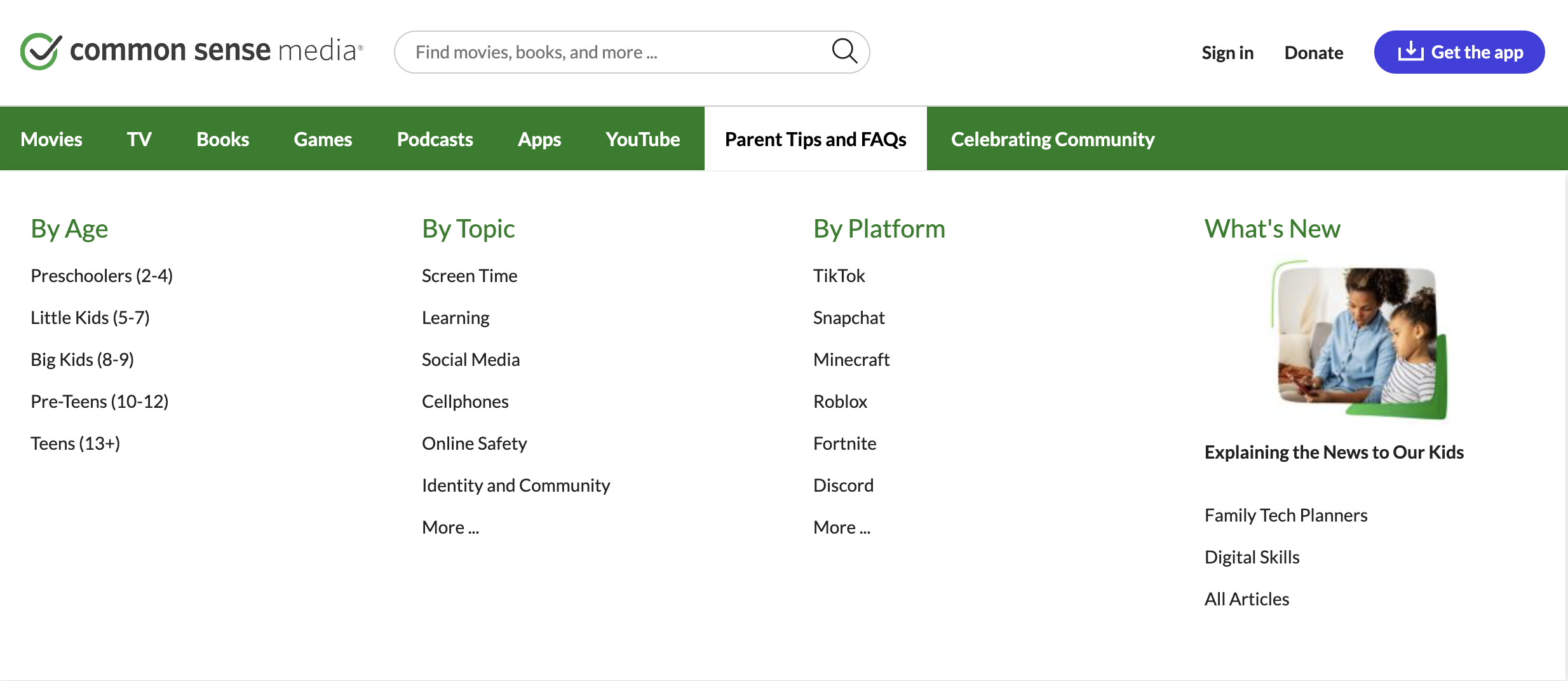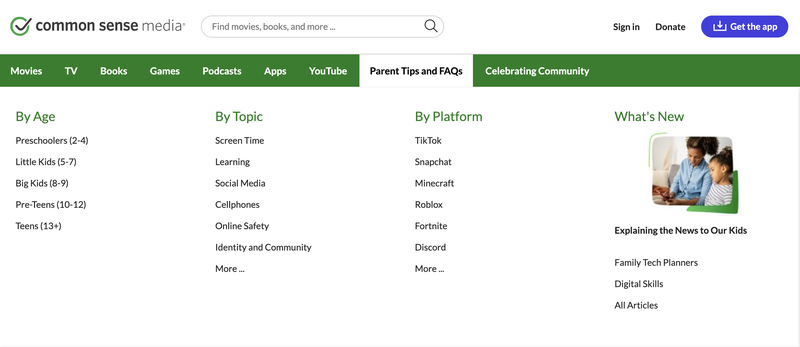I remember someone once suggesting we should lightly press our hands to our eyelids and check for warmth/heat before sending emails. Seems odd, doesn’t it?
The idea behind it was that warm eyelids are a sign of heightened emotions and we could potentially send an email that we may regret later. I’m not sure if the science is accurate, but I do know that we all at some point have sent an email, text, or other electronic communication that we regret and would love to ‘un-send’.
The Bible has a lot to say about communicating a little less with our speech, which could also apply to electronic communication. Just replace 'talk' or 'speak' with 'text', 'message', or 'email'.
Proverbs 10:19 (NLT):
“Too much talk (texting/messaging/emailing) leads to sin. Be sensible and keep your mouth shut. The words of the godly encourage many, but fools are destroyed by their lack of common sense.”
James 1:19 (NLT):
“Understand this, my dear brothers and sisters: You must all be quick to listen, slow to speak (text/message/email), and slow to get angry.”
2 Proverbs 13:3 (NIV):
“Those who guard their lips (communications) preserve their lives, but those who speak rashly will come to ruin.”
Matthew 12:36 (NIV):
“But I tell you that everyone will have to give account on the day of judgment for every empty (text/message/email)word they have spoken.”
Psalm 141:3 (NIV):
“Set a guard over my mouth (texting/messaging/emailing), Lord; keep watch over the door of my lips.”
Proverbs 29:20 (NIV):
“Do you see someone who speaks (texts/messages/emails) in haste? There is more hope for a fool than for them.”
How might this apply to our children/students at ICS?
The great explosion of the internet was not just about ubiquitous access to information (which is great!), but more so around the social internet and related platforms.
We are created in God’s image to relate to Him and our fellow creations and it’s built into our DNA to be social. We will naturally gravitate to online platforms where we can connect with others around our relationship.
This means we live in a stream of constant communication, and biblically, this is going to lead to trouble at some point. Email, social media messaging, YouTube comment threads, bulletin boards, forums, collaborative documents and more amplify and expand our communication interactions. There seems to be no escape!
So how can we respond?
Unplug.
Sign-out.
Set parameters.
Prioritise in-person interactions.
Cherish the silence.
In my role as Coordinator of Learning Technologies, and in teaching in the Multimedia area, I use tech more than most. However, I have learnt the joy of disconnecting. Airplane mode is fantastic. Limiting or turning off notifications is glorious. Unsubscribing is bliss. Setting boundaries makes it all sustainable.
Our students/children need this help too. If we ‘occasionally’ engage in regrettable communications, how much more might the younger generation struggle with this issue?
The dopamine hit from a message ‘ding’ is just too much to resist. Sending an edgy or silly message may give them kudos and likes amongst their peers. Switching ‘off’ can seem a socially isolating thing to do.
As parents and teachers, we can help them find a balance.
Enjoy these tools of communication where appropriate. Be intentional in how we do and don’t use it. Have parameters around disconnection. Model these parameters (our actions are the most powerful teaching tool).
The great thing about our digital age is that there are so many resources for us to access. A few of my go-to's are:
Parents | eSafety Commissioner - Fantastic data sheets and resources around being safe/sensible online.
Parenting, Media, and Everything in Between | Common Sense Media - Common Sense Media is a fantastic site for resources, reviews, tips and more. See a sample of the areas below:

The reality for our students/children (and us!) is that we will inevitably make mistakes at some point. Fortunately, we have a God of grace, as the Psalmist reminds us:
"He does not deal with us according to our sins, nor repay us according to our iniquities. For as high as the heavens are above the earth, so great is his steadfast love toward those who fear him; as far as the east is from the west, so far does he remove our transgressions from us. As a father shows compassion to his children, so the LORD shows compassion to those who fear him. For he knows our frame; he remembers that we are dust."
Psalm 103:10-14 (KJV)
Yours in Christ's service,
Mr Rob Spreitzer
Coordinator of Learning Technologies


